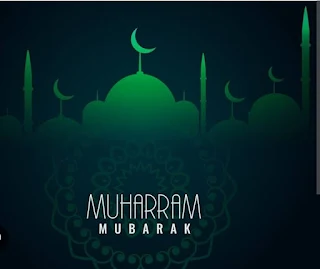Islam values freedom of expression
and association, of belief and faith, of worship and practice as a primary
condition of community life in a decent society. It also recognizes that ruling
oligarchies and power elites may reject these fundamental freedoms of people
and even persecute people on the grounds of their deeply-held spiritual convictions. Indeed, Islam emerged in a society where
polytheists and image-worshippers were persecuting people on the grounds of
their beliefs. With relentless persecution in society, the early Muslims in
Makkah had no option but to migrate to Medina along with the Holy Prophet of
Islam Hadhrat Muhammad (sa). In Islamic tradition, this incident is of
historic importance as the Hijrah.
According
to the Holy Qur’an, migration (Hijrah)
is an option for all those who suffer religious intolerance, or other forms of
oppression and persecution. To escape from persecution, Divine Messengers and
their followers in the past had undertaken migration from their land and sought
freedom in exile. ‘I will emigrate for
the sake of my Lord’, (29:26; 37:99) declared Hadhrat Ibrahim (as)
when threatened by his own people. Hadhrat Musa (as) and the Israelites
had to flee the oppression of the Pharaoh: ‘So he escaped from there, vigilant
and fearing for his life, and said “My
Lord, deliver me from these oppressors”’ (28:21).

In
his Friday Sermon
of 21 June 2013, the
Khalifatullah Hadhrat
Munir Ahmad Azim Sahib (atba) of Mauritius provides illuminating
insights on the larger spiritual essence of the idea of Hijrah in the
everyday lives of the believers and Divine seekers. Beyond the actual physical
migration from an oppressive place, Hijrah entails a commitment to
consciously leave aside all illicit acts/dealings arising out of Hubb-ud-Duniya or love of this
temporal world and to perform and embrace all religious/ethical obligations and Divine
commandments, keeping in mind the journey to the Hereafter (Aakhirat), under the guidance of a Spiritual Master that Islam provides in
every age.
Read
the Extracts from the Friday Sermon:
“… And a Muhajir (an emigrant) is the one who
gives up (abandons) all what Allah has forbidden.” (Bukhari)








